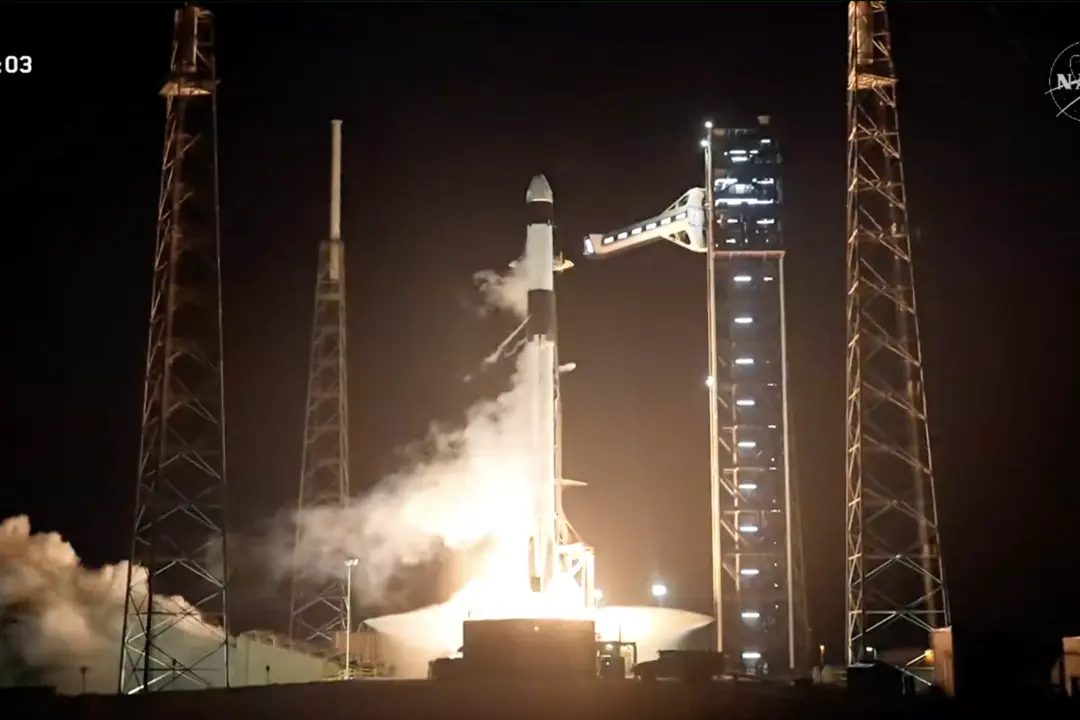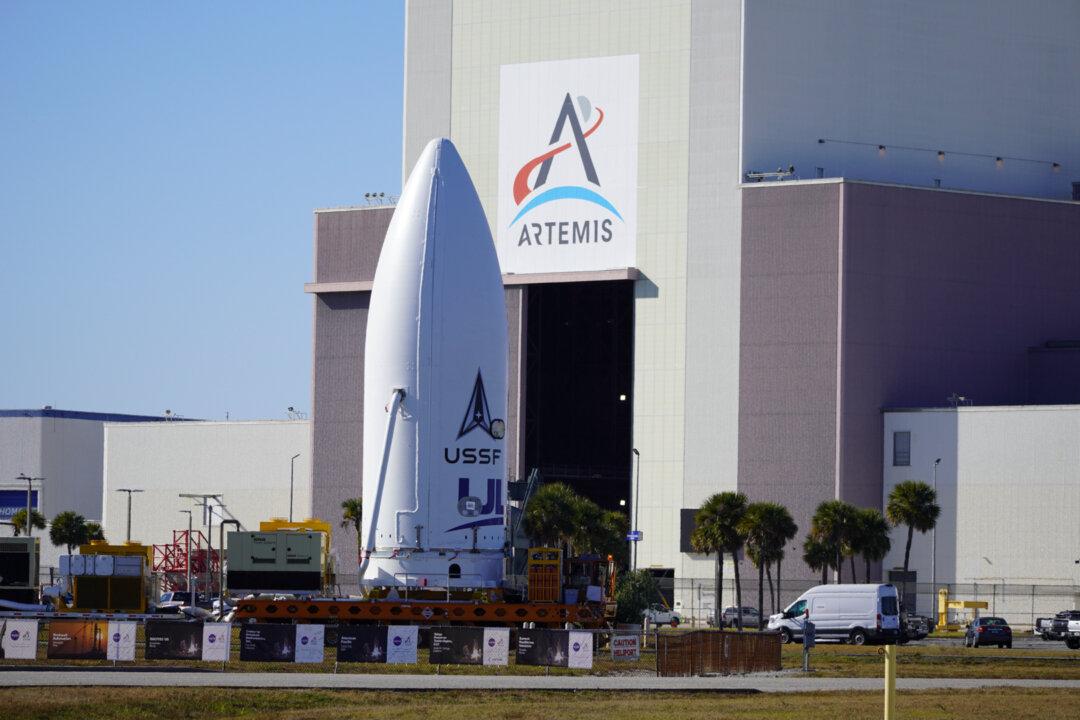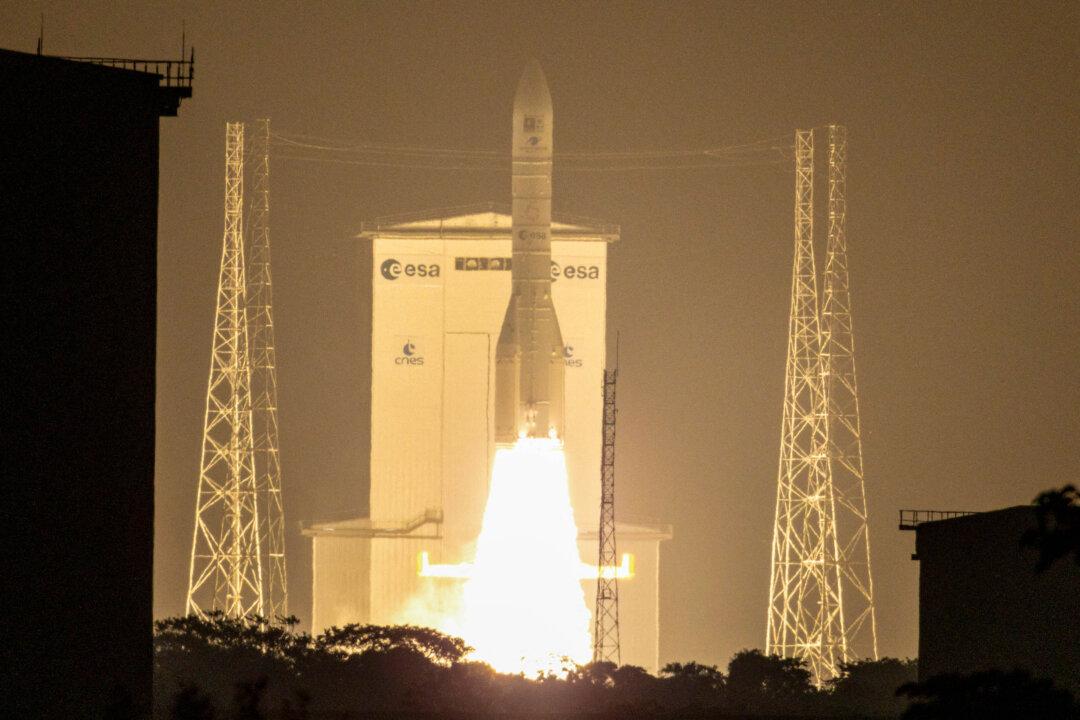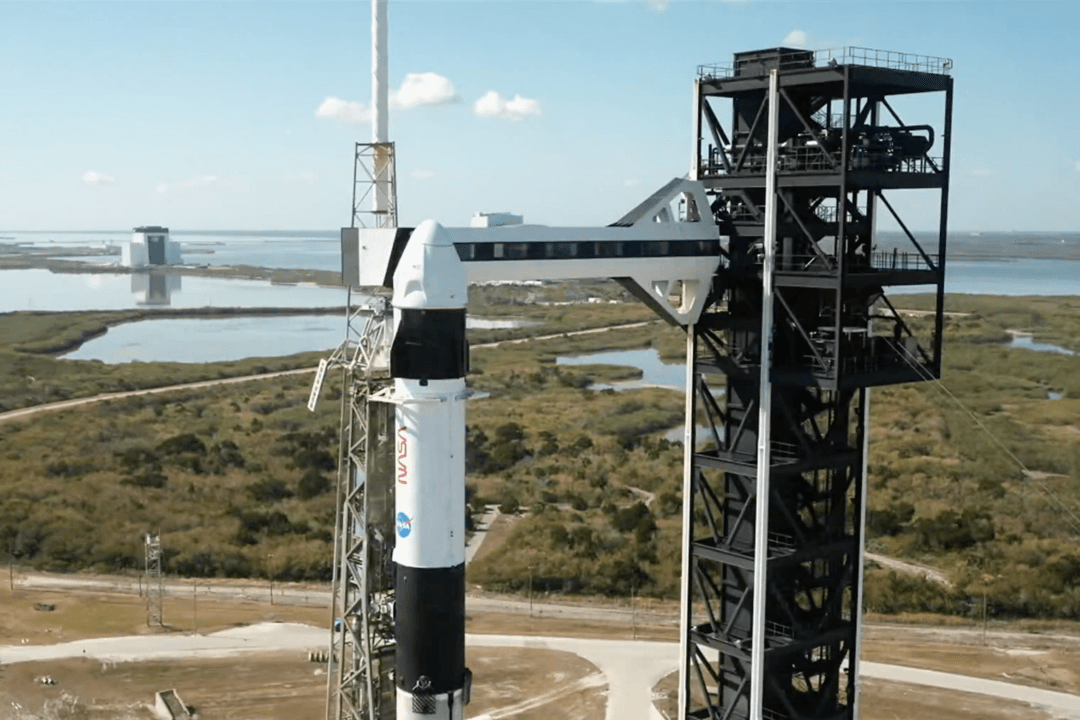North Atlantic Treaty Organization (NATO) Secretary General Jens Stoltenberg met with President Joe Biden in Washington on June 17 and announced that more than 20 of the 32 member nations have committed to their spending goal.
NATO members previously agreed to spend at least 2 percent of their gross domestic product on defense. President Biden touted the fact the number of member nations committing to 2 percent has doubled since he took office.





